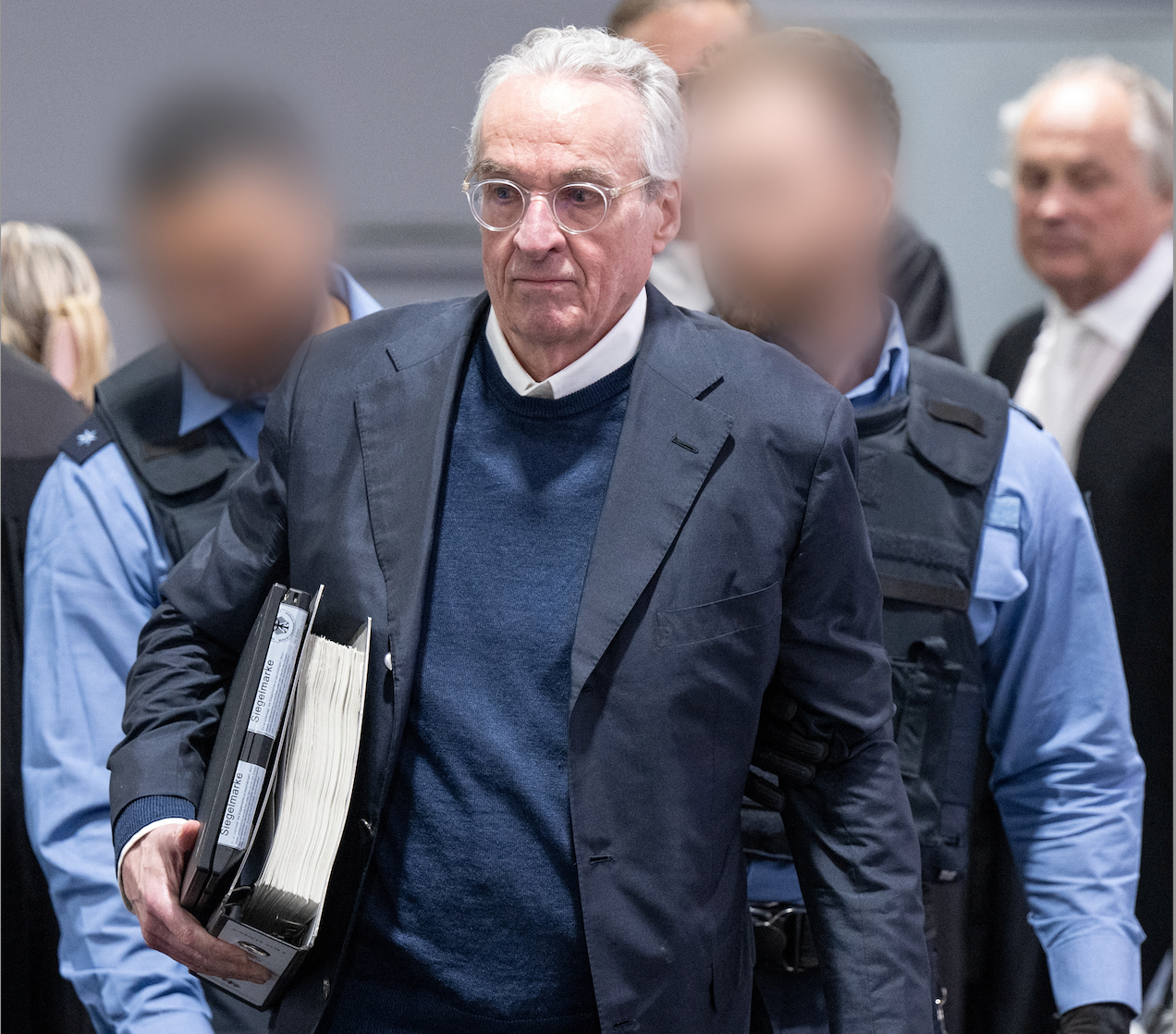In news that might make you wonder what year it is, a trial for a German prince accused of spearheading a failed, far-right coup plot began on Tuesday.
Heinrich XIII Prince Reuss, 72, is being tried alongside eight others — including ex-lawmaker Birgit Malsack-Winkemann and several ex-army officers — for alleged involvement in the scheme.
The suspects are accused of plotting to violently overthrow the German government by storming the Reichstag parliament in Berlin and taking lawmakers hostage. The prince, who holds a fancy title but is simply a descendant of an aristocratic (not royal) family, was allegedly set to become head of state after the coup.
“Slightly crazy.” Prosecutors say the accused are conspiracy theorists who believe Germany is being run by a “deep state.” The alleged plotters are connected to the Reichsbürger, an extremist movement that aimed to undermine the modern German democratic system. “They’re not terrorists. They’re slightly crazy," defense lawyer Roman von Alvensleben said of the plotters.
Though it’s unlikely such a plot could succeed, the trial is taking place against a backdrop of growing concern over the surge in support for far-right and extremist ideologies ahead of the European Parliament elections in June. Earlier this year, scores of Germans took to the streets to
protest against far-right extremism and the German government has made
tackling the issue a bigger priority.
